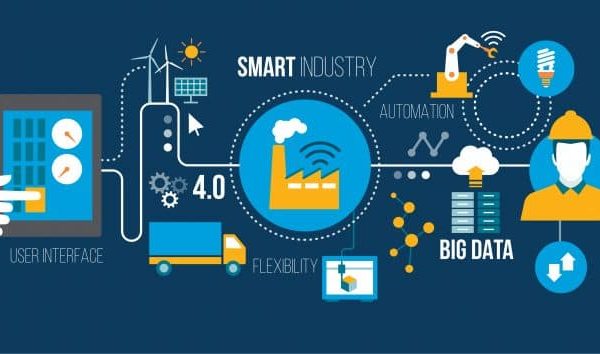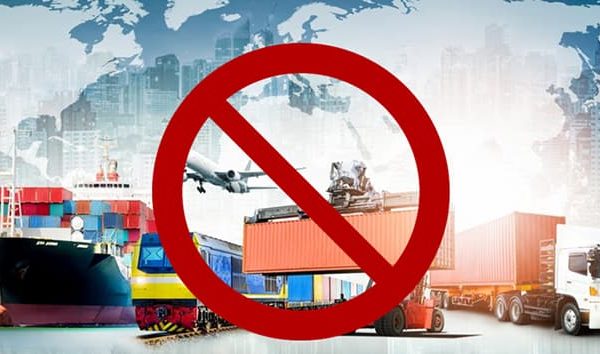Supply chain management practitioners have been getting accustomed to an accelerating rate of change over the past decade. Even then, the current and near-future developments are somewhat of a paradox. While there are significant opportunities due to advancement of technologies, the political and social issues are opening up unprecedented challenges.
Let us briefly review some of these.
Emerging technologies – there have been several technological changes that provide supply chain managers with opportunities to overhaul performance.
These include:
- Automation in manufacturing and warehousing including drones
- Large quantities of data being available both from POS, e-commerce sites and IoT devices
- Machine learning and AI enabling faster and more detailed analysis
- More computing power available for deploying sophisticated software and tools
At the same time, there is tremendous flux in the political, regulatory and social environment. Some of the high-impact issues that have been impacting supply chains include:
- The tariff wars between the US and China
- Formation of new trading blocks and dismemberment of earlier ones (e.g. Brexit)
- Legislations such as ROHS, REACH and California Transparency in supply chains
- Consumer and NGO movements on sustainable and ethical issues
- The sharing economy and rise in customer expectations
- Data transparency regulations
- Cyber threats to data and operations
- Omni-channel sales and marketing with varying customer needs and service levels
Now, the impact of Covid-19 seems to dwarf all of these changes. How will this impact businesses and supply chains in the immediate future?
Organizations have to re-think their strategies and review their processes to stay on top of these. At a minimum, businesses have to develop new metrics to gauge performance. Operations have to track these measurements and keep executive management in communication. Traditional “batch” functions such as S&OP will need to utilize the real-time visibility and capitalize on opportunities. Supply chain spends for global organizations will also have to undergo transformations – the availability of varying infrastructure in different geographies will call for local solutions not central diktats.
What are the likely issues that will emerge?
- Tariff changes
- Current suppliers going out of business
- Protectionist impulses of both government and consumers
- Drop in consumer purchasing power
- Opportunities for automation on the shop-floor and logistics
- Keeping pace with new regulations
Re-evaluation of strategy at regular intervals, measuring the gap between plan and execution need to be done faster and with more complete data. Gaming, simulation and operational exercises are some of the techniques that will increase in usefulness. Managers will have to increase their acceptance of complex solutions rather than run the business purely on intuition and local considerations. The SCM professional will have to strengthen their grasp on analytics and be able to use the large volumes of data. There needs to be significant investment in self-development and training to keep abreast of the marketplace. Companies also have to build or acquire implementation expertise to be able to regularly strengthen technology adoption.
In conclusion, the Corona virus has us looking at a Brave New world! While changes in technology offer organizations opportunities for substantial gains, the complexity of the external environment will pose significant hurdles. This will call for increased competencies not only in the newer technologies but also in managing regulation, customer interactions and responsiveness. Truly the supply chain manager will be in the hot seat!






